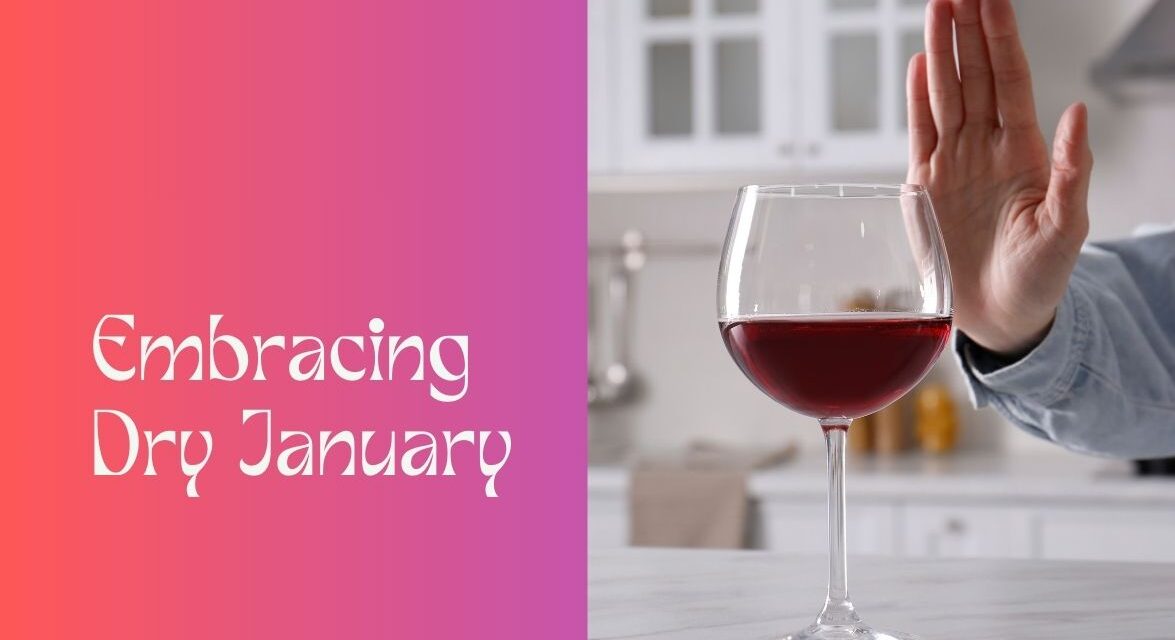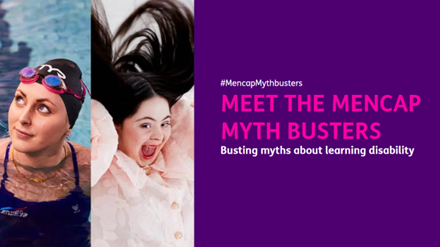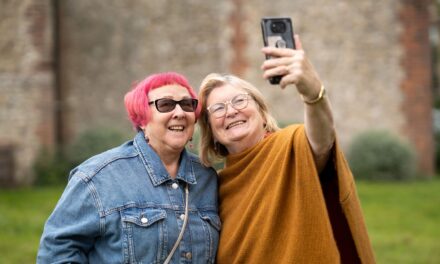Dry January gets a mixed response. Some see it as a personal challenge like going vegan for Veganuary. Others see it as a much-needed break from an over-indulgent Christmas. And some may feel hesitant to take part for fear of struggling or being judged by others.
We get it, no one likes being told what to do but here’s the thing, Dry January is an invitation, not a demand. An invitation to review your relationship with alcohol for one month of the year and enjoy the benefits.
Well, what are the benefits of taking part in Dry January?
In 2019, Dr Richard De Visser from the University of Sussex surveyed 6,000 people who took part in Dry January. The results of the survey showed that 86% had saved money, 81% felt more in control of their drinking, 70% of those surveyed reported they were sleeping better and 54% said they had lost weight. All of which seem good reasons to give it a try.
From saving money to improved wellbeing, we asked two members of the YES team why they are taking on Dry January this year. Elaine, 61, feels that “Drinking alcohol can become a habit and dry January helps to break the habit. It’s a good opportunity to remind yourself that it’s possible to enjoy a meal or night out without drinking.”
Lydia, 29, agreed that drinking on the weekends had become habitual and something she began working on in 2023. “I cut down on drinking alcohol a lot last year and noticed a significant improvement in my day-to-day life. I got sick of spending half of my weekends being hungover, feeling a bit off which often led to eating poorly making me feel worse throughout the week.”
Every year, the number of participants grows
Dry January began in 2013, with 4,000 people in the UK getting involved. 10 years later, in 2023, over 175,000 took part! So why do people do it every year and does it change their relationship with alcohol going forward?
Elaine shared that she had taken part in Dry January “several times. I have found it hard the first week as I’ve usually been drinking more over Christmas but after the first few days it’s OK.” When asked if it changed her relationship with alcohol she said, “After January I revert to drinking at weekends only. One year, I extended the no drinking until Easter, and I may do that again this year!”
Unlike Elaine, Lydia hasn’t taken part in Dry January before, but she has abstained from alcohol for “a couple of months at a time” saying that she has “really enjoyed it… I felt less groggy and had more time to do all of the things that I wanted to do, because I’m not spending half of my time feeling over tired or hungover.”
For many people, not drinking in social settings can feel difficult as alcohol can make you feel more relaxed. But while it may be hard to start with it does get easier and overall, can grow your confidence. Lydia, says reducing her drinking has helped her “feel more confident eventually in social situations as [she] was no longer relying on alcohol as an ice breaker.”
Overcoming the obstacles
It can be hard to give up something you enjoy, even if it’s temporary. Elaine said for her the hardest part is “the thought of it!” but that “the reality is not that bad. I do try to have a few non-alcoholic drinks that I can enjoy at the weekend. If life gets a bit stressful, I remind myself that a glass of wine won’t help and try to do something else to soothe myself.”
But while your resolve, determination, or commitment to dry January may be an obstacle, it’s not the only one. Outside factors can make it especially difficult.
“It’s quite tricky when most social occasions involve alcohol, especially celebrations. I try to just be open with people and say that I’m not drinking at the moment, at first you might get some strange looks or genuine questions about it, but after the first few social interactions people get over it,” said Lydia when asked about what obstacles she finds when she is taking a break from alcohol.
Alcohol alternatives
Things are changing. With a boom in the health industry and a change in culture, alcohol is on the decline. With Gen Z drinking 20% less alcohol than Millennials, and Millennials drinking less than the generations before them, more “No Lo” (non-alcoholic and low alcoholic) alternatives are appearing on the market. Most pubs and bars now serve low or non-alcoholic beers, ciders, and even spirits like gin. There are even dry bars starting to pop up, with a popular one close by in Kemptown, Brighton. Torstig Bar has all of the atmosphere of a bar but ensures you wake up hangover-free. After its success, they’re even opening up a second location in London this month.
So, what’s on the drinks menu for the YES team this month? For Elaine it’s spicy ginger beers and for Lydia, Diet Coke, and non-alcoholic G&Ts. For me, it’s a sparkling elderflower.
4 tips for keeping dry throughout January
- Avoid people and situations where you may feel pressured to have a drink. Opt for a meeting at a coffee shop instead of a pub.
- Ensure you have nice soft drinks at home to enjoy in your downtime. Often, we mark relaxation with a glass of wine or a bottle of beer but consider swapping that out for its non-alcoholic counterpart or enjoying your favourite soft drink.
- If you slip up and end up having a drink, don’t feel you have blown it for the month and give up. Dry January is for you and your health and well-being. If you cut your consumption down at all, it is a success.
- Look at it as a chance to get to know yourself better. What else helps you wind down for the evening? What else makes a meal special to you?
If you are struggling with alcohol abuse or addiction, please know that you aren’t alone and reach out for professional help. There are resources on our website to support recovery both in-person and online.




